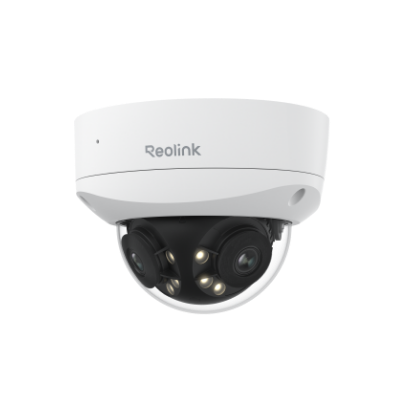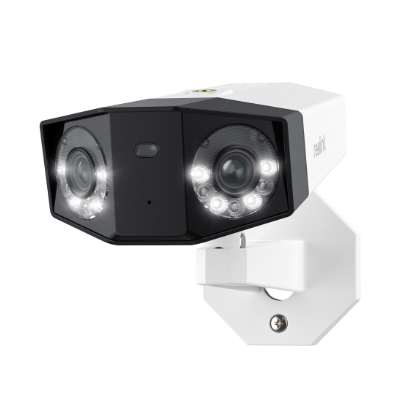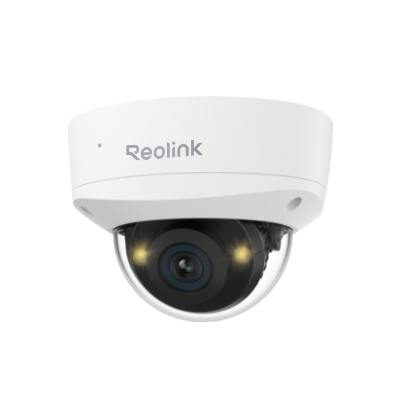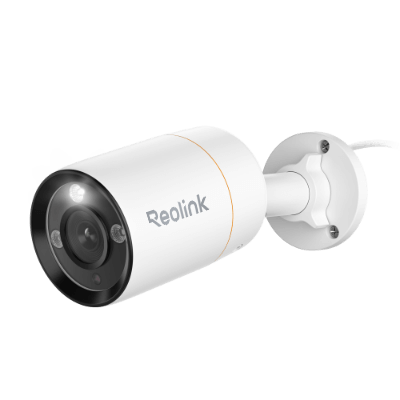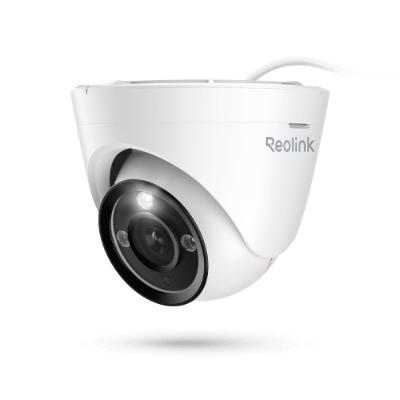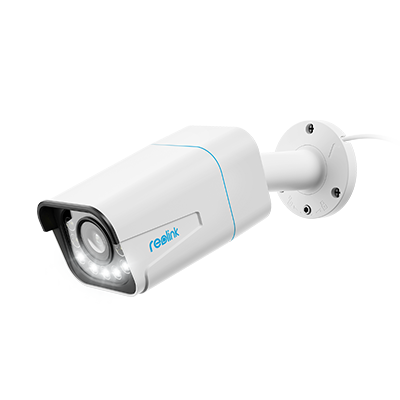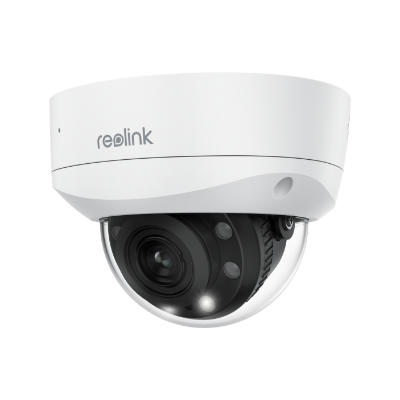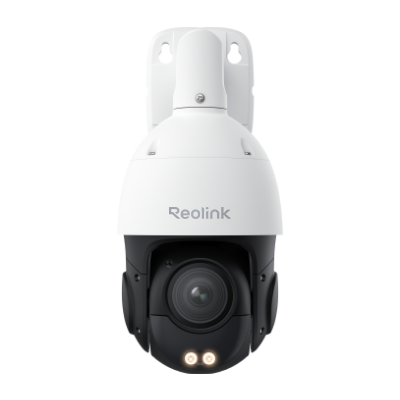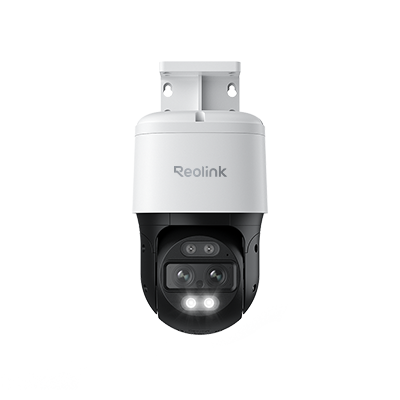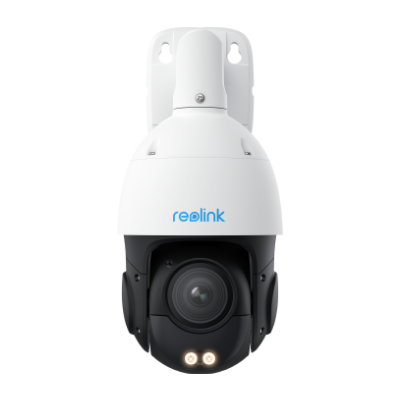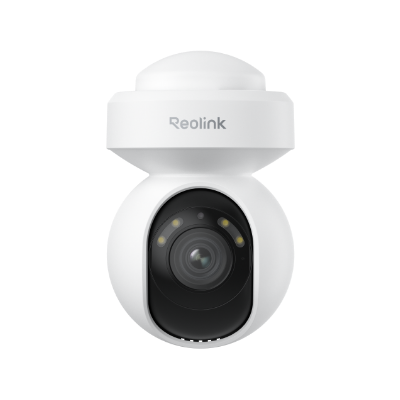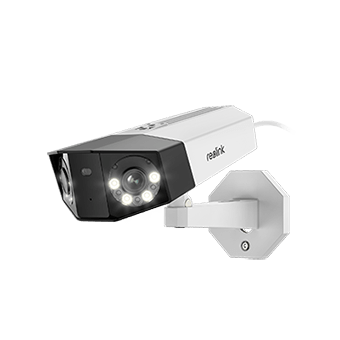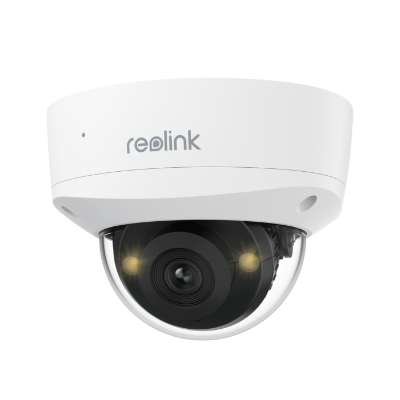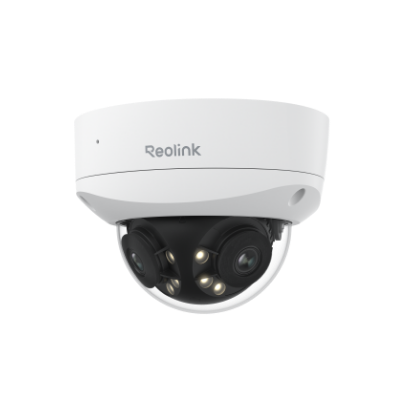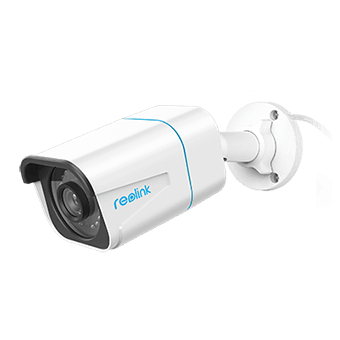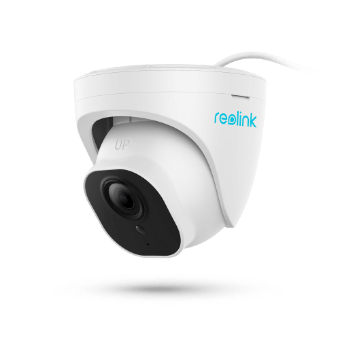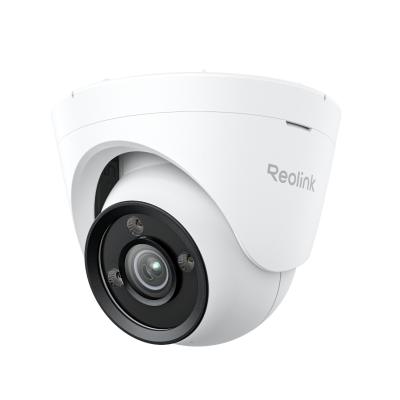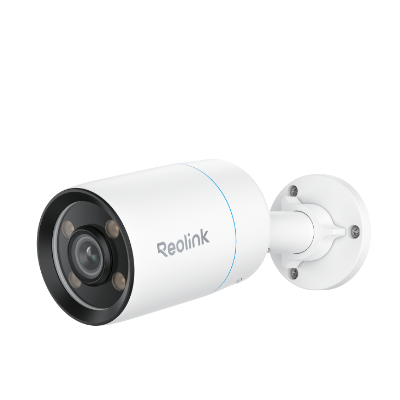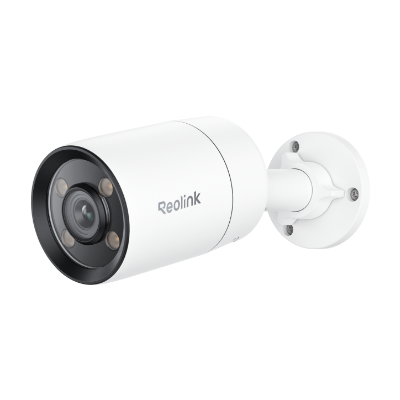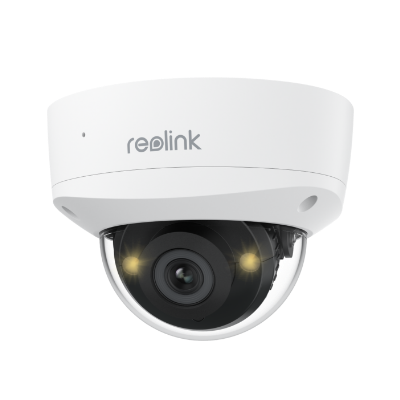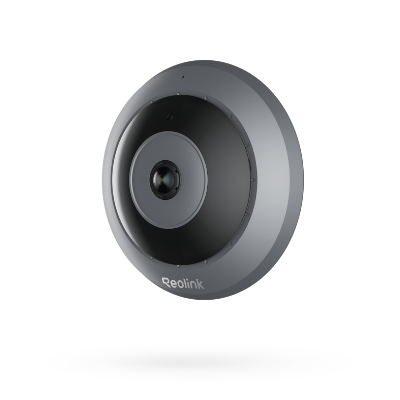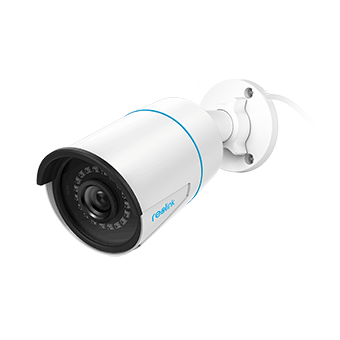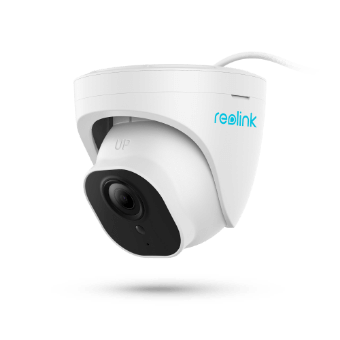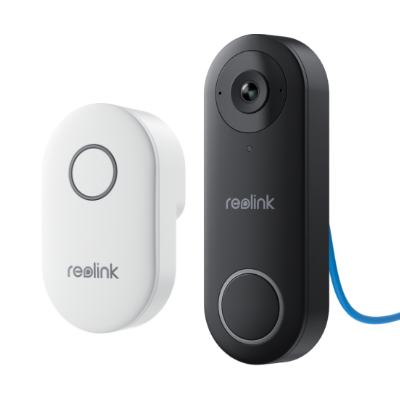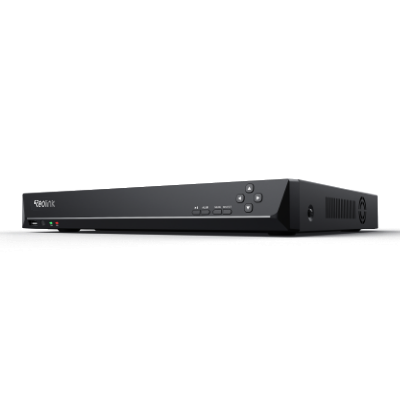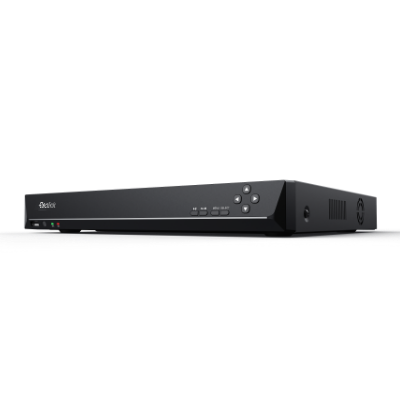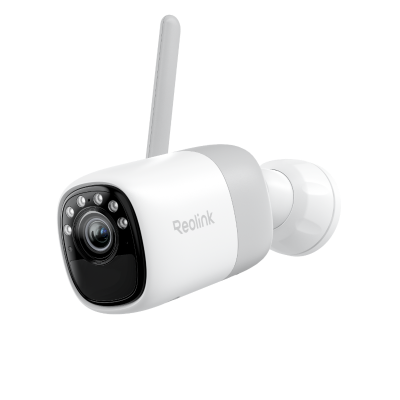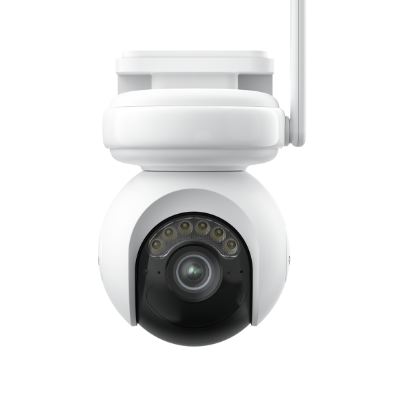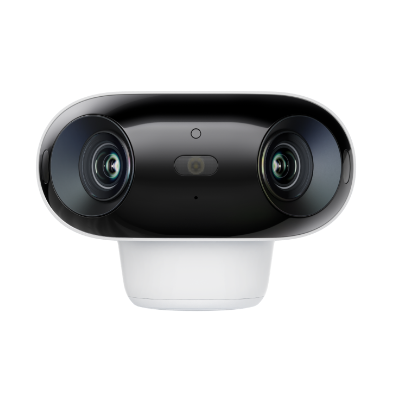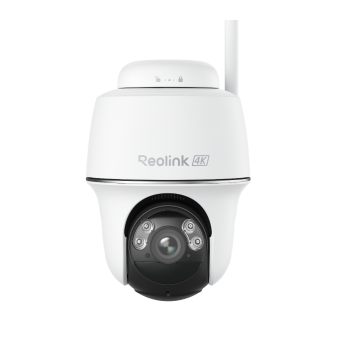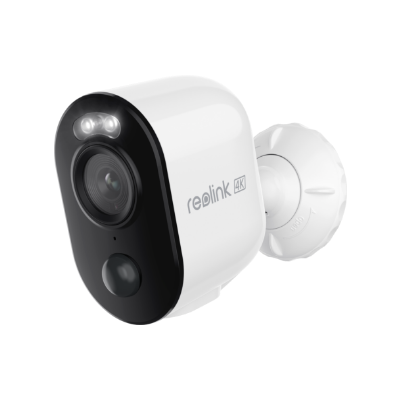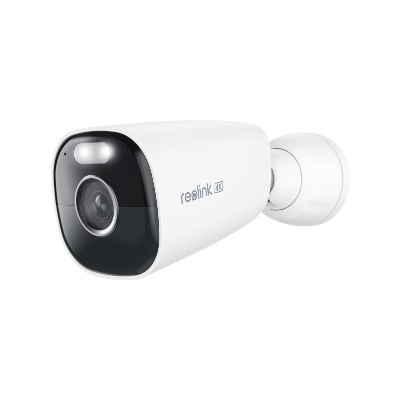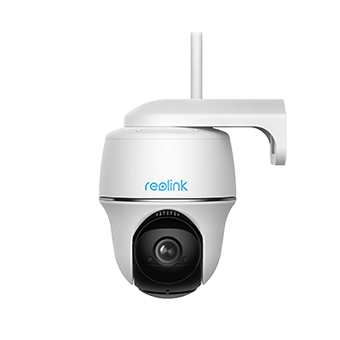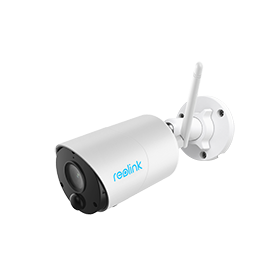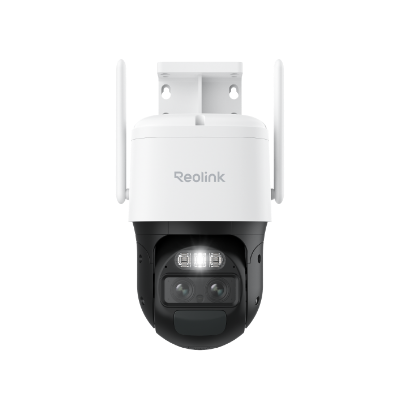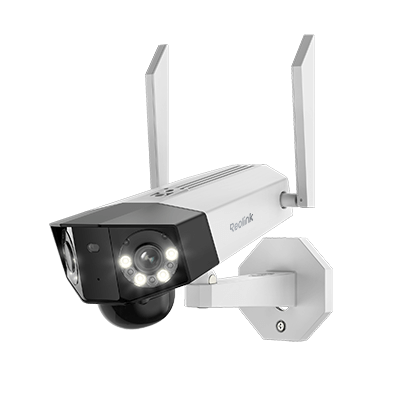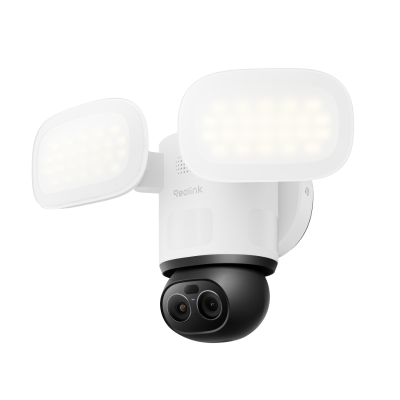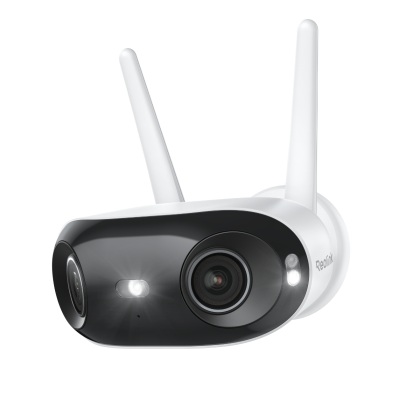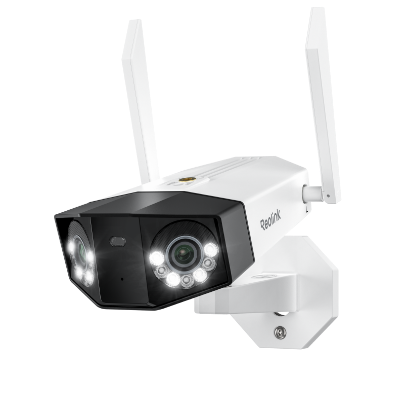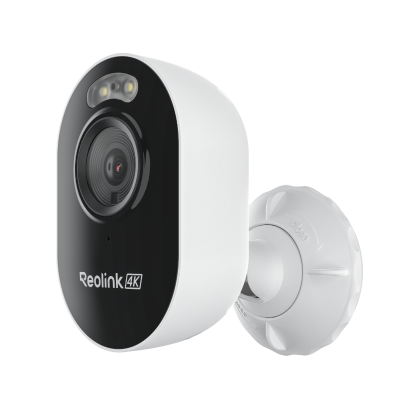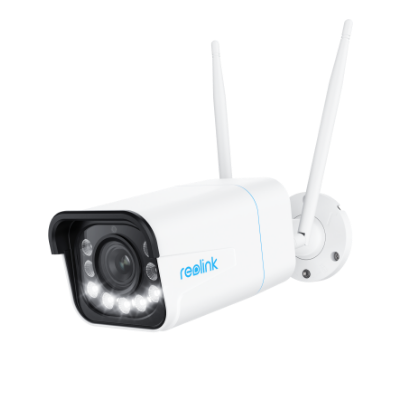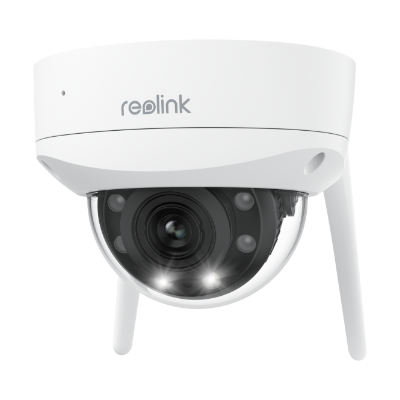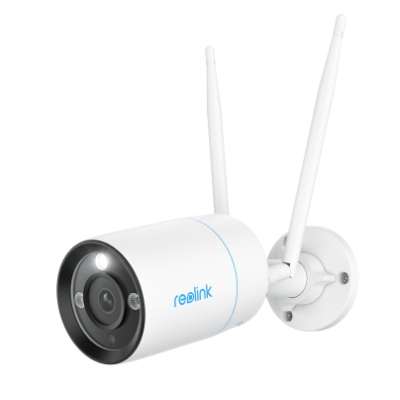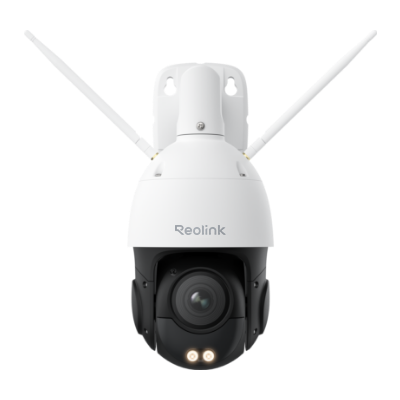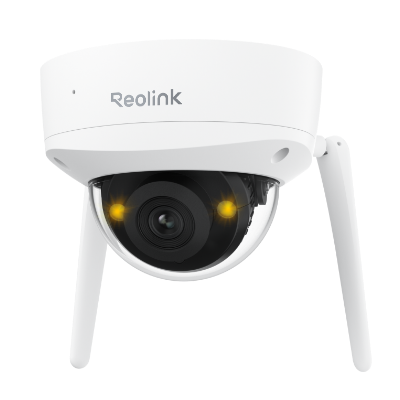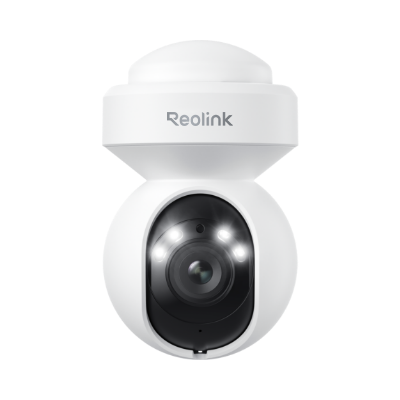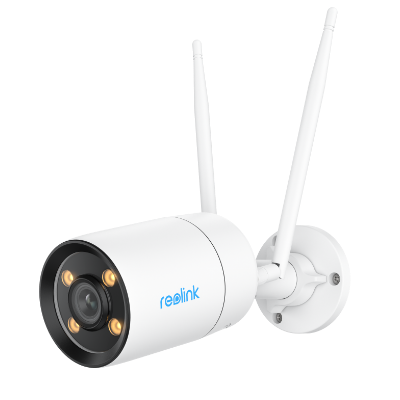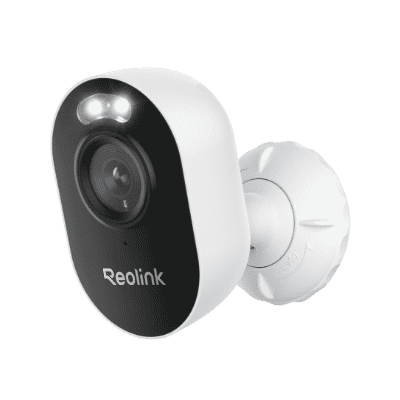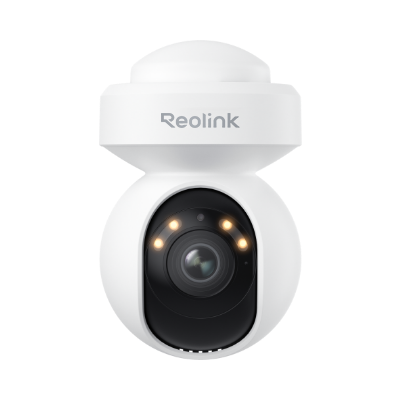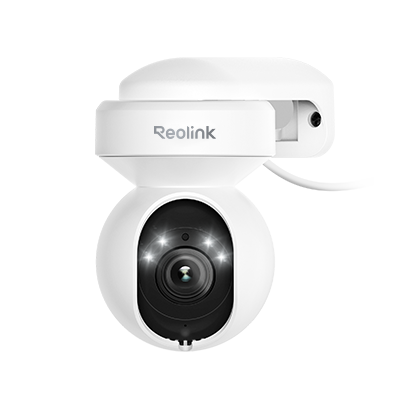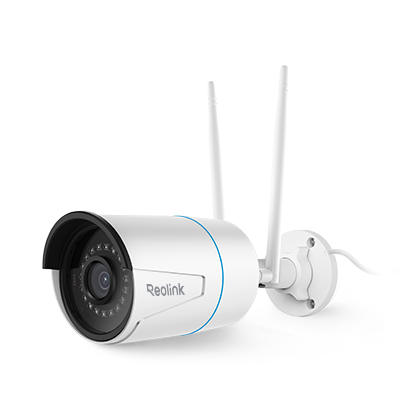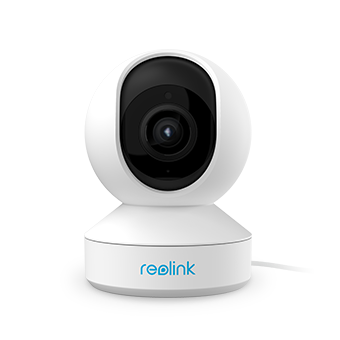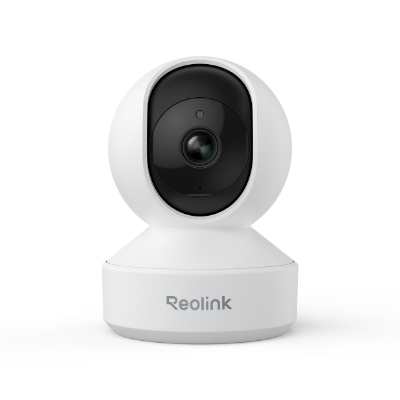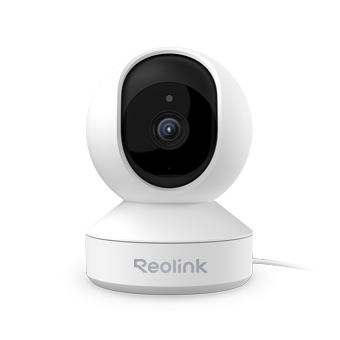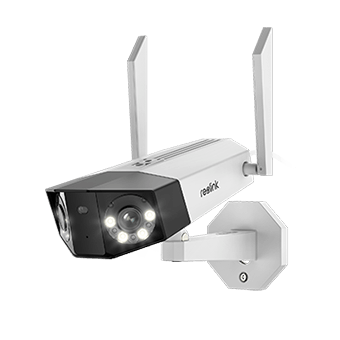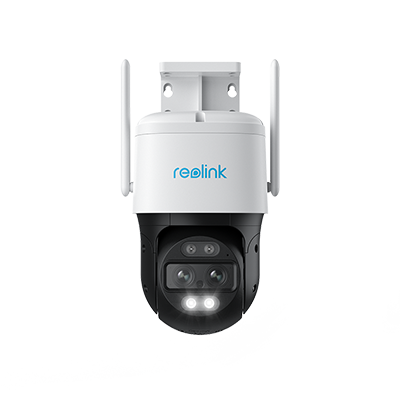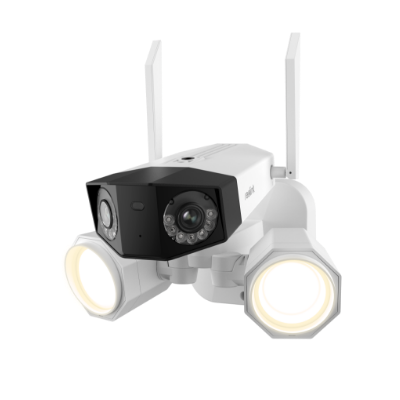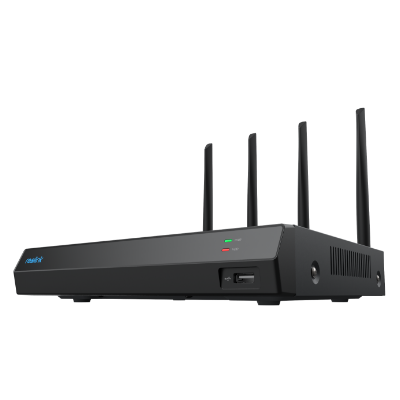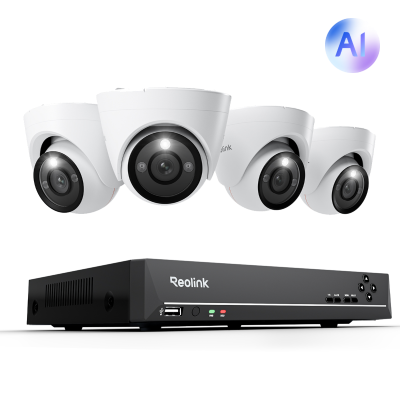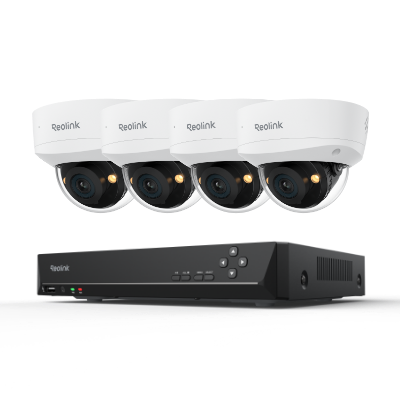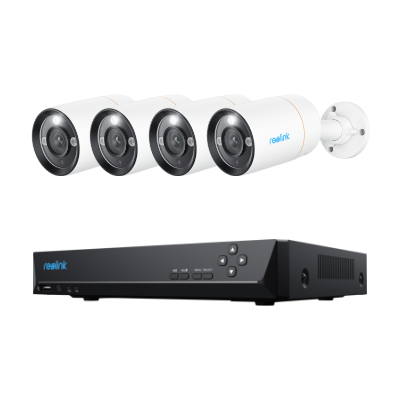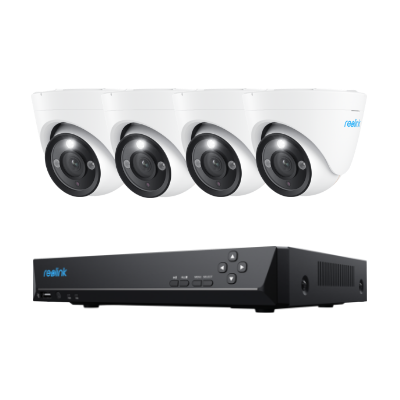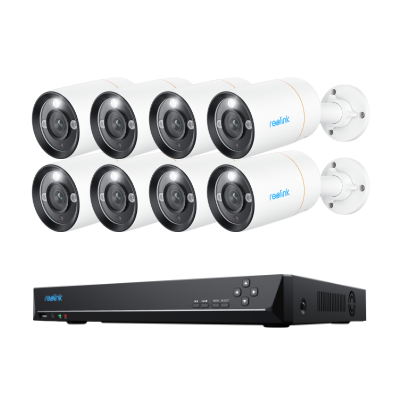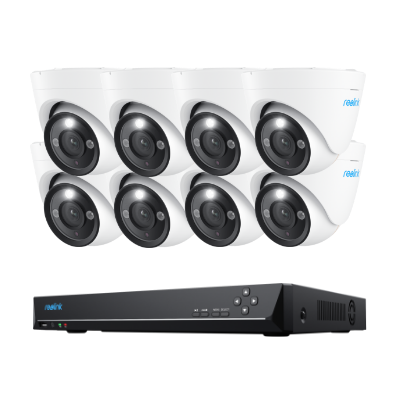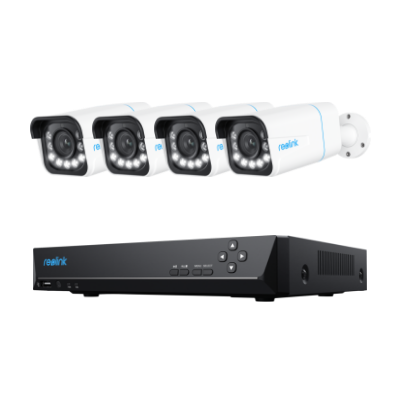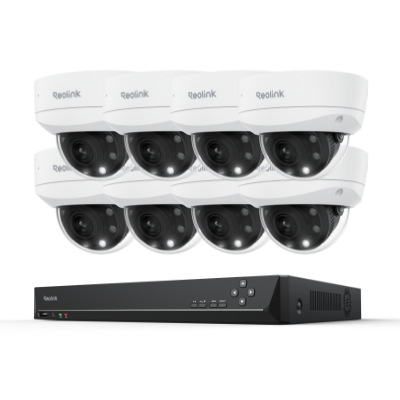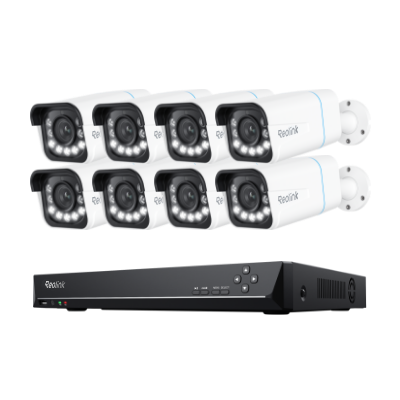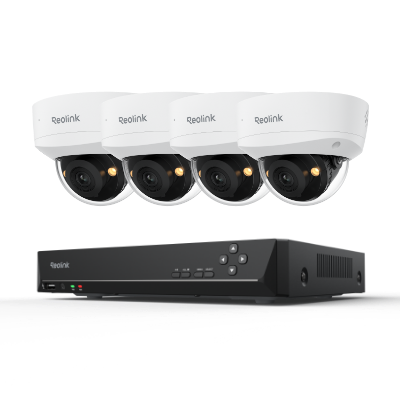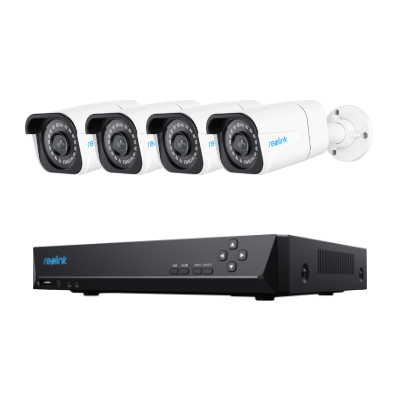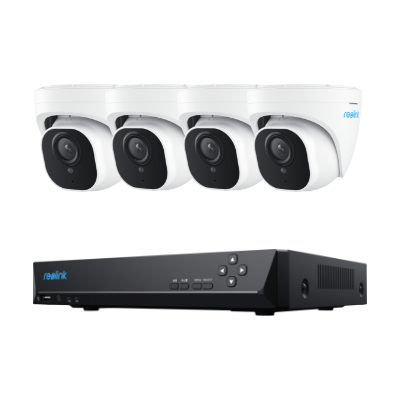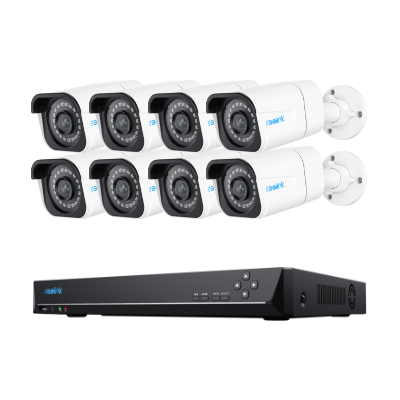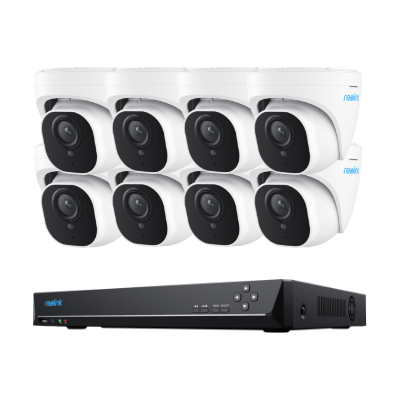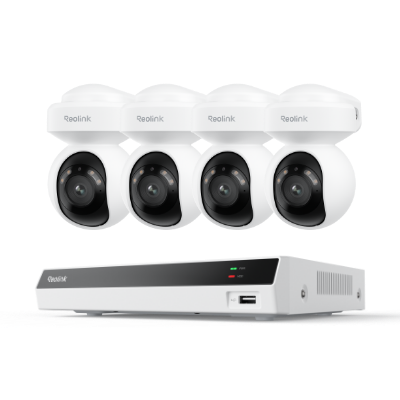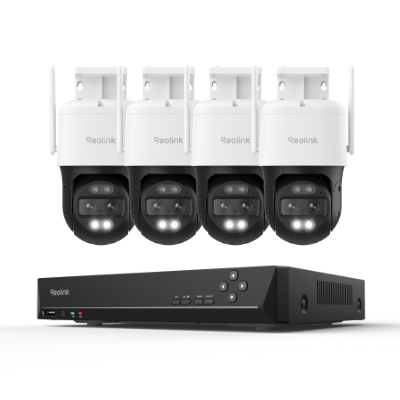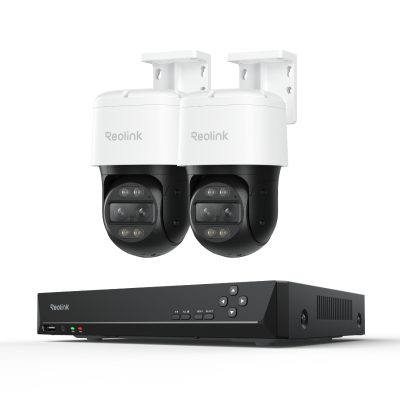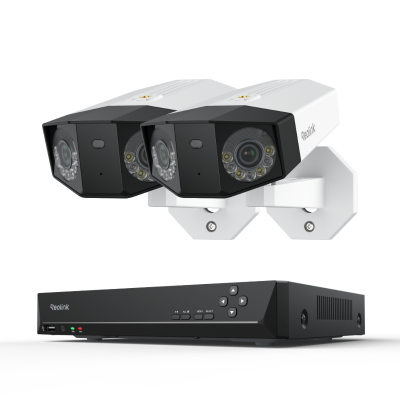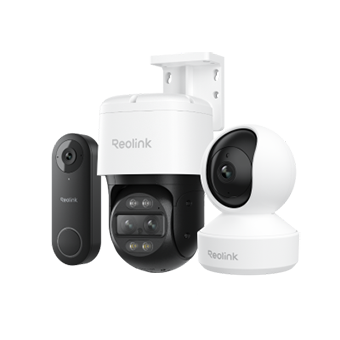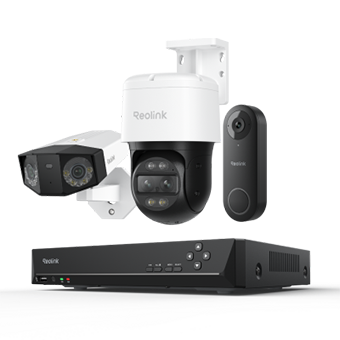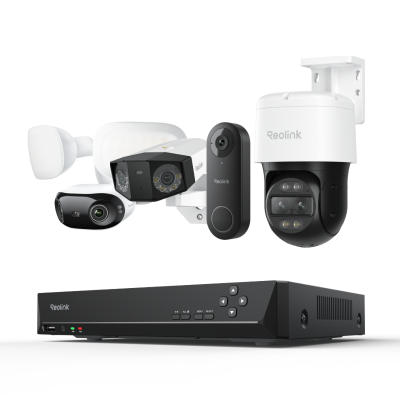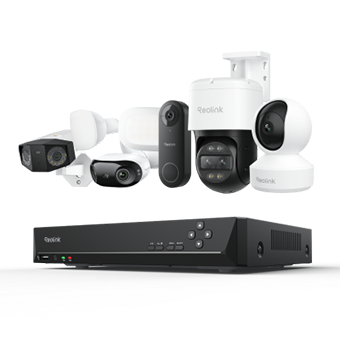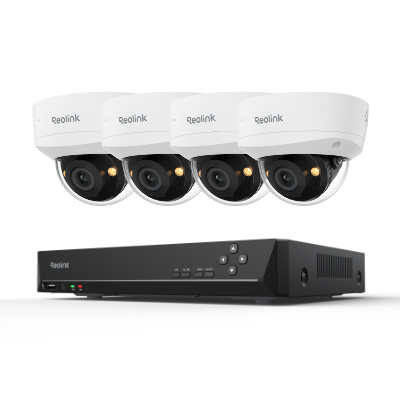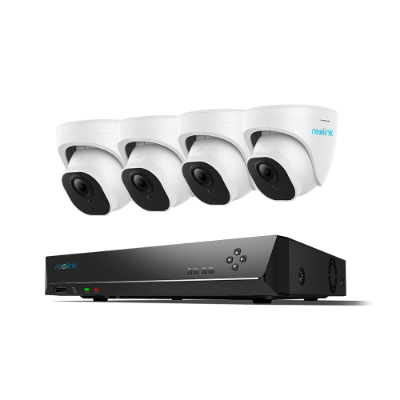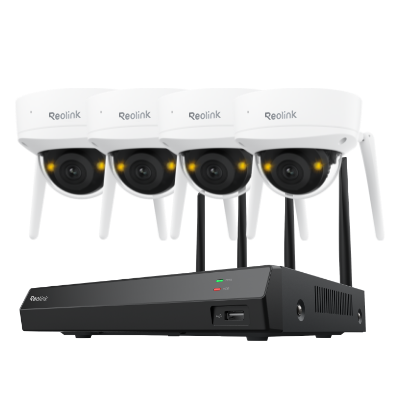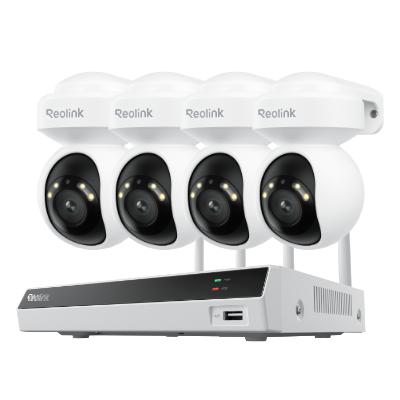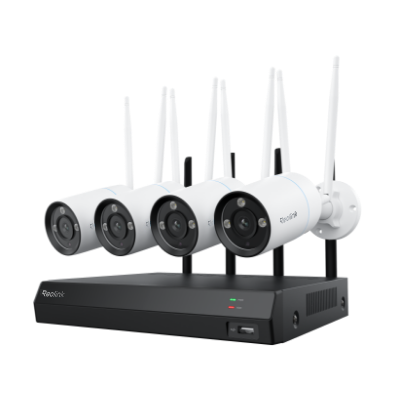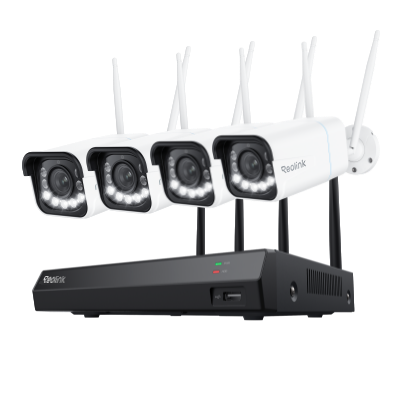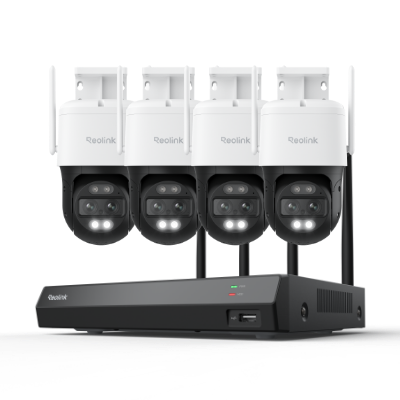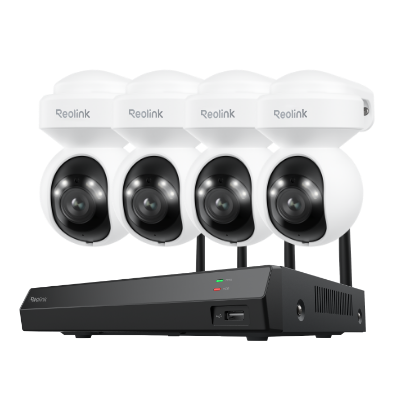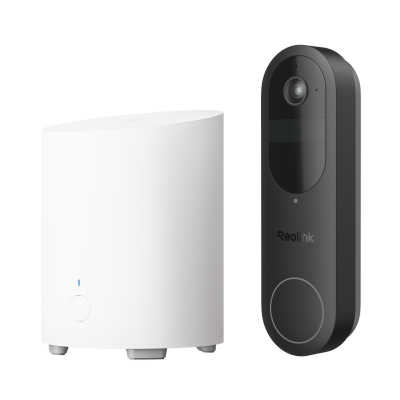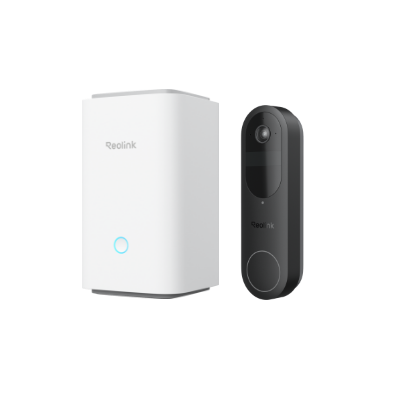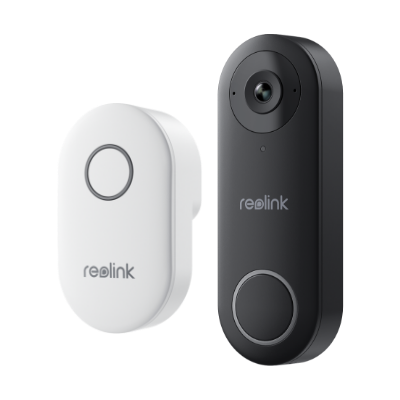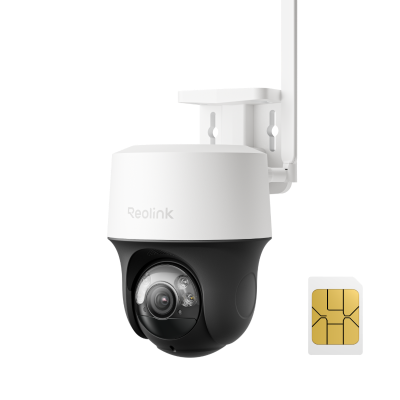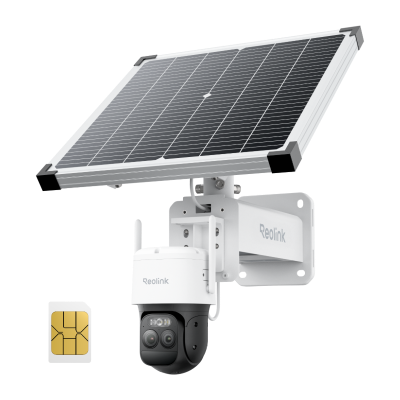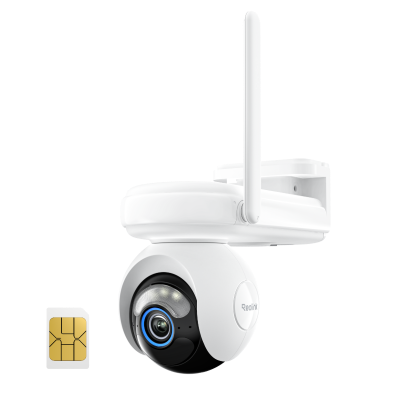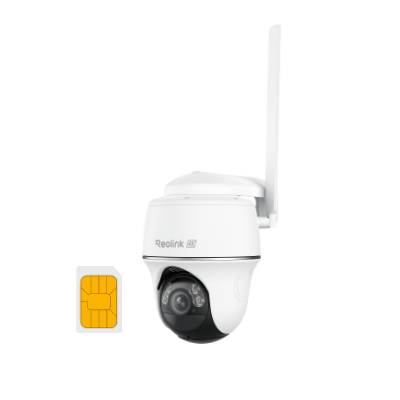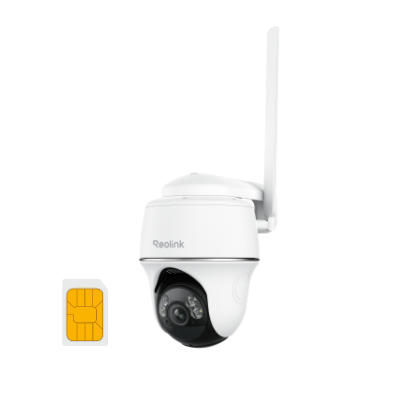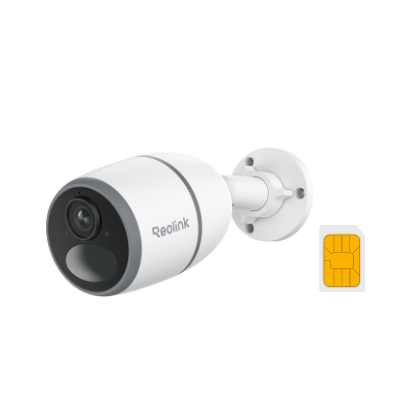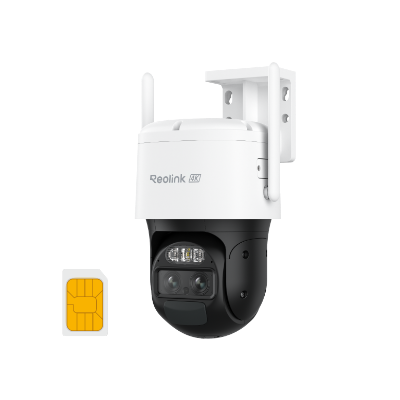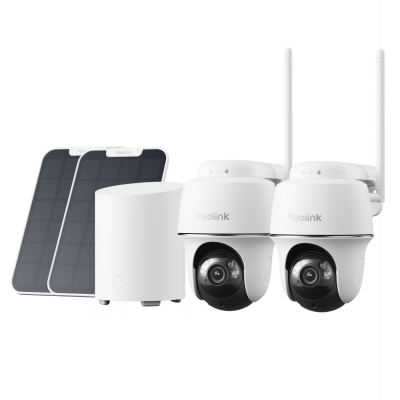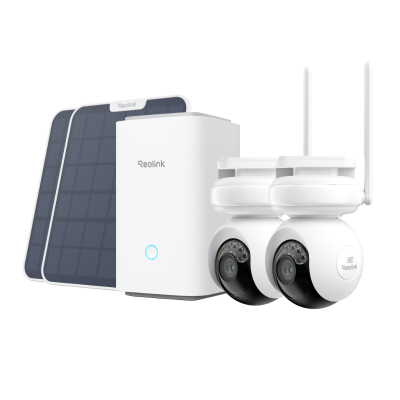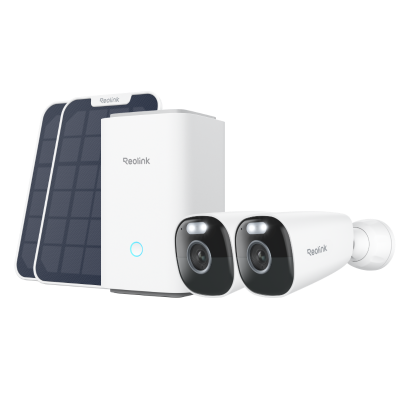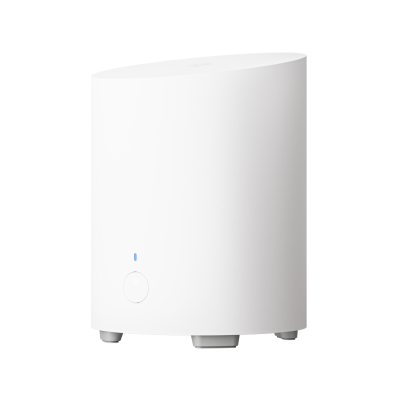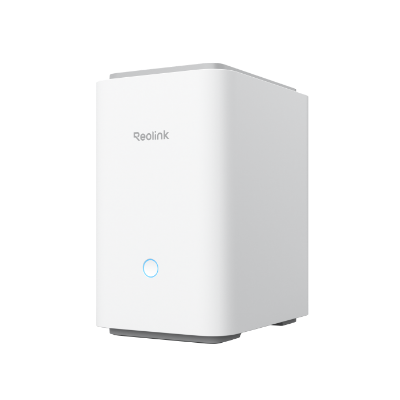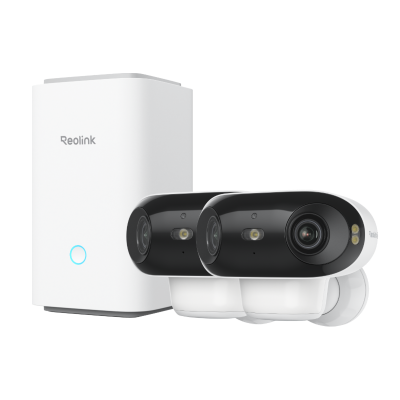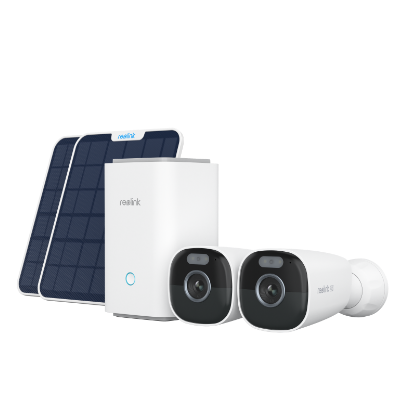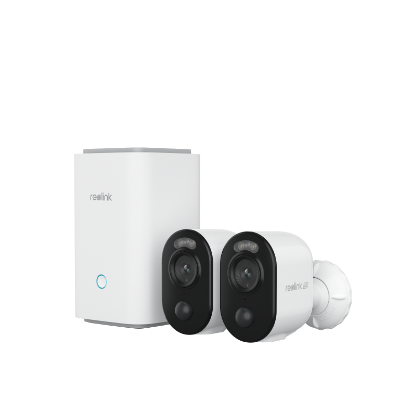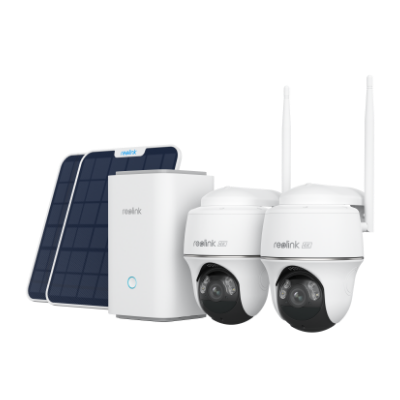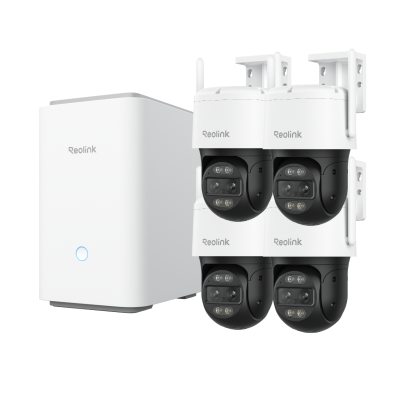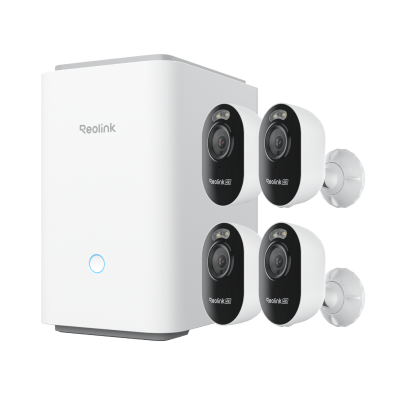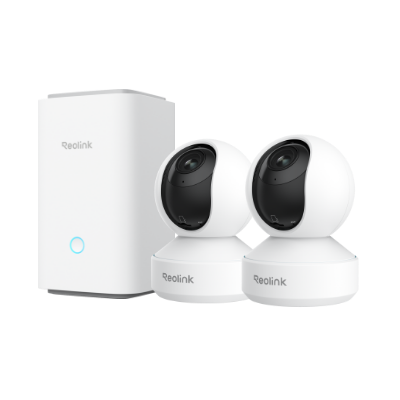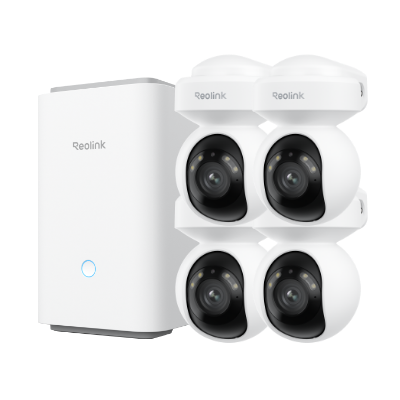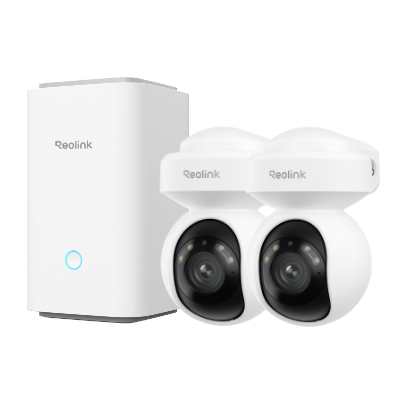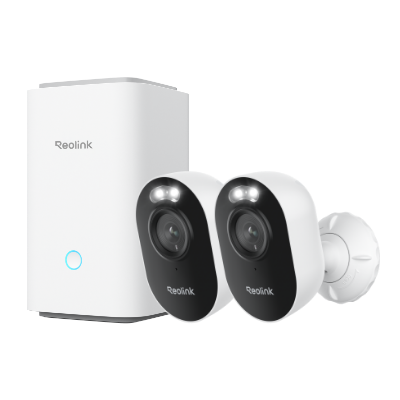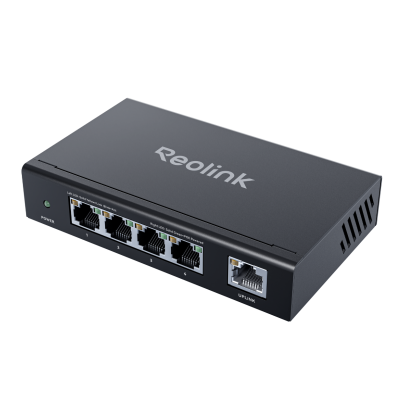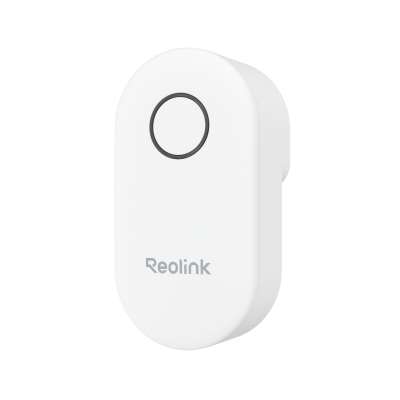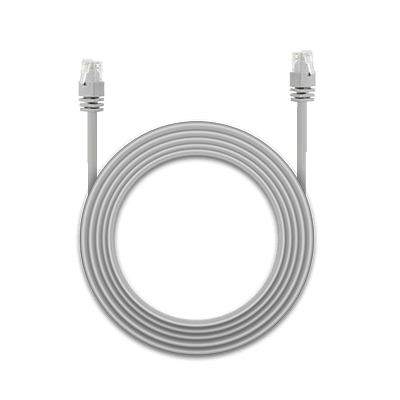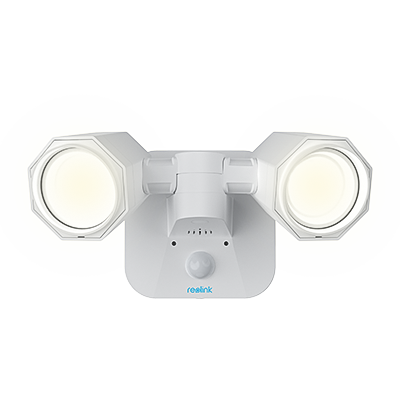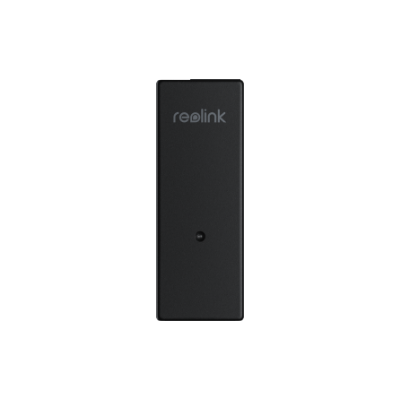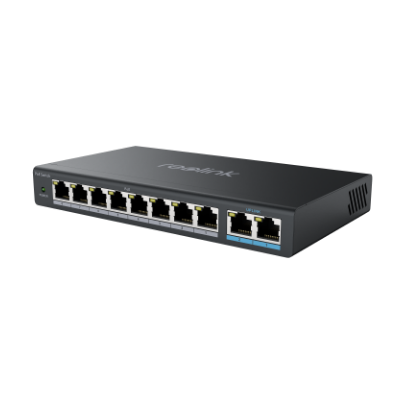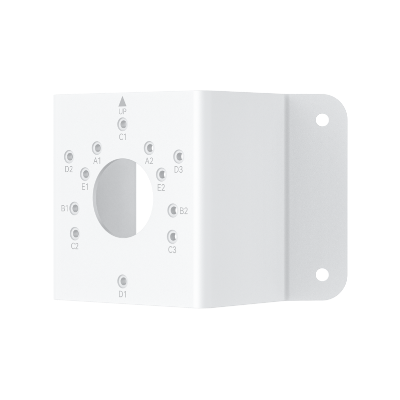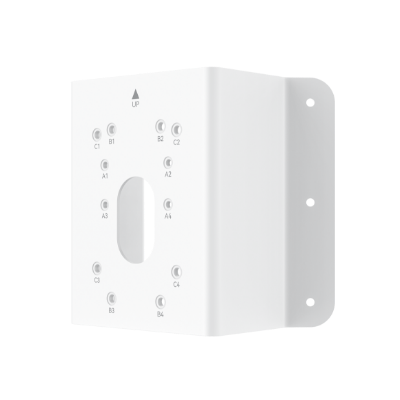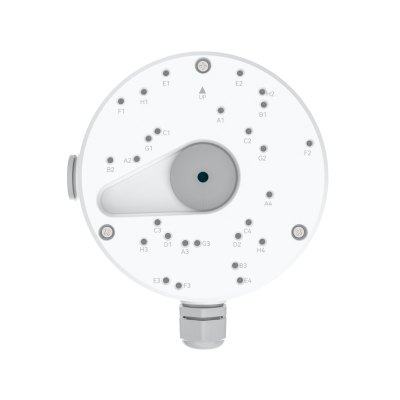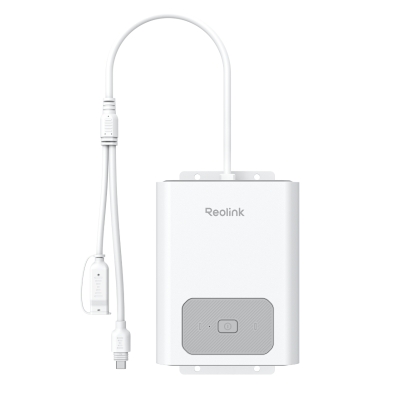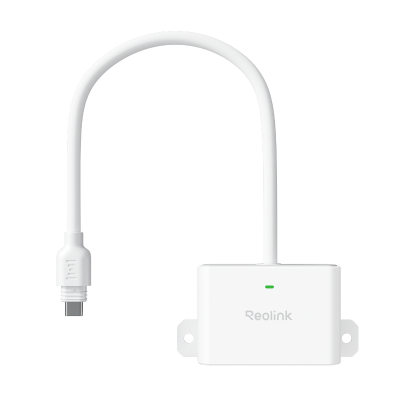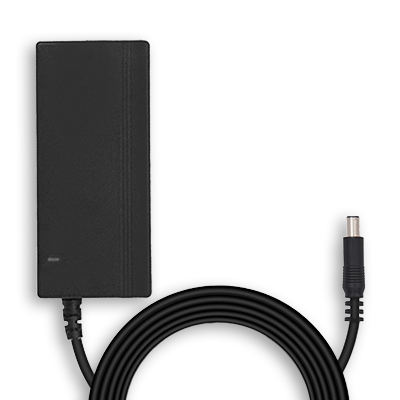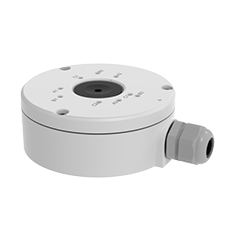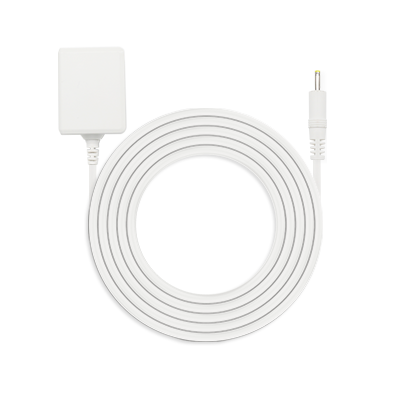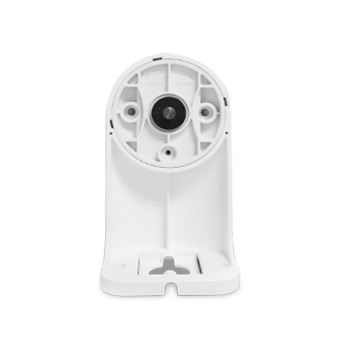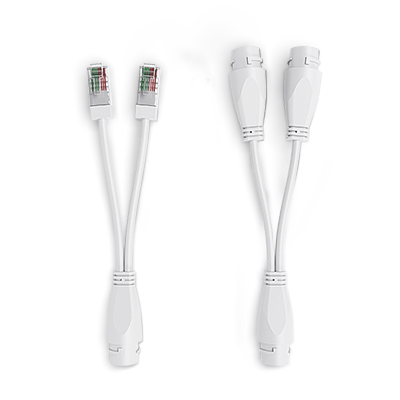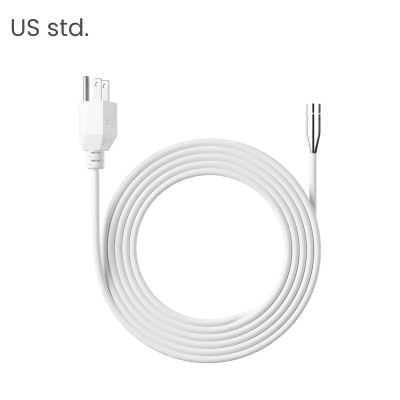Public Cloud vs. Private Cloud vs. Hybrid Cloud: What's the Difference?
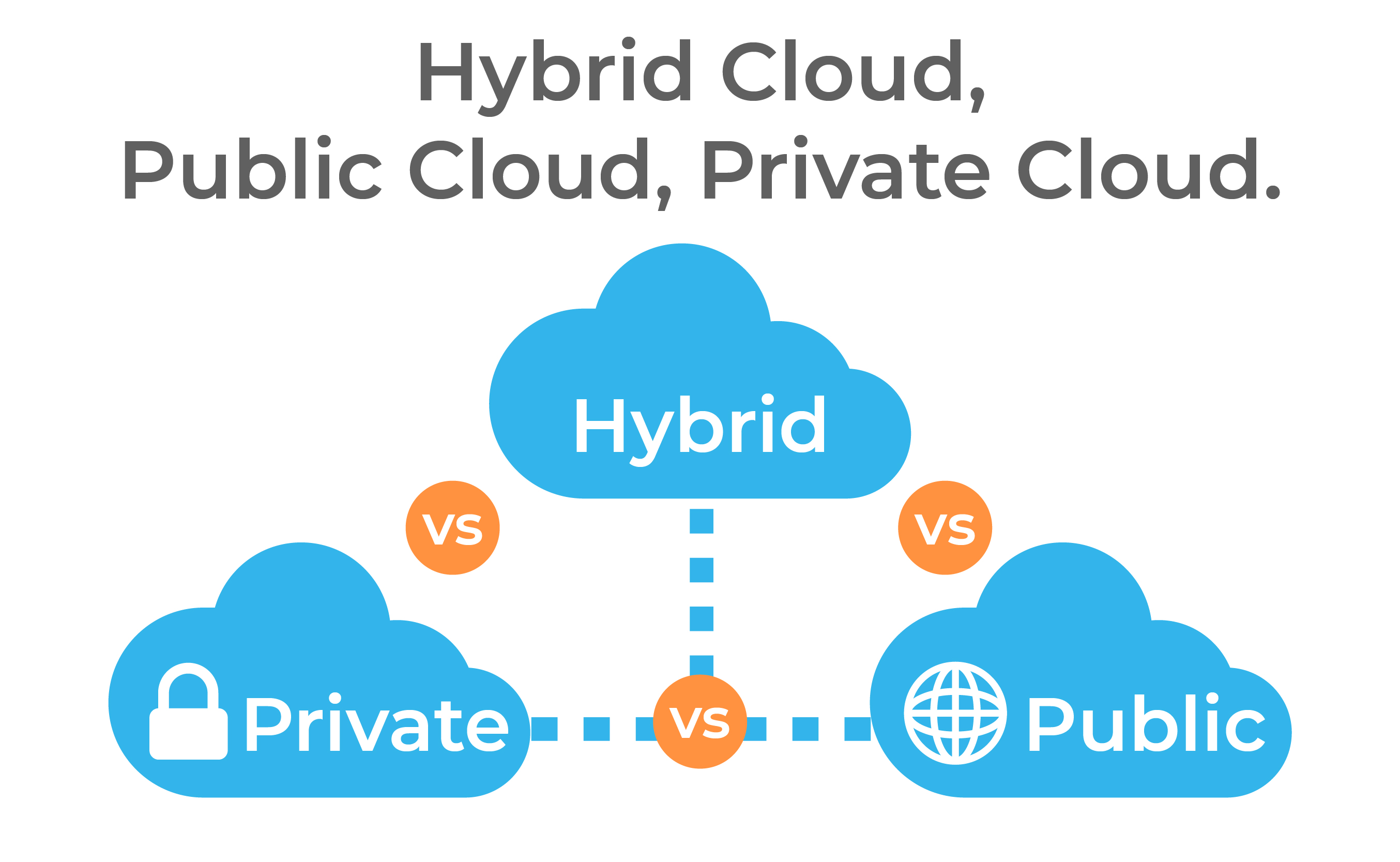
Cloud computing plays a vital role in dealing with data and application storage. This technology provides flexible and scalable solutions for modern business. Among the various cloud deployment models, three significant players stand out: public, private, and hybrid. Each offers distinct advantages, and choosing the right cloud solution becomes increasingly crucial for organizations.
This article will explore the basics of public, private, and hybrid cloud computing, their key characteristics, use cases, advantages, and potential drawbacks. Whether you're an IT professional or a business owner, you'll clearly understand which cloud solution best suits your requirements.
Types of Cloud Solutions
Common cloud solutions for business include public, private, and hybrid clouds. So what are they? In this part, you may find the answer.
Public Cloud
Public cloud refers to cloud services offered by third-party providers. Generally, this cloud service is available to the general public over the Internet. The public cloud relies on a pay-as-you-go basis and allows businesses to scale resources up or down according to their needs.
Private Cloud
As the name suggests, a private cloud is a type of infrastructure and cloud services used exclusively by a single organization or company. Unlike the public cloud, where services are offered to multiple clients, the private cloud is dedicated and restricted to a single entity.
Hybrid Cloud
A hybrid cloud is a particular cloud computing service combining elements of both the private and public cloud. In a hybrid cloud setup, specific applications, data, and workloads are kept in the private cloud, while other applications and data are hosted in the public cloud.
The essence of the hybrid cloud can be captured in this simple equation: Hybrid Cloud = Public Cloud + Private Cloud.
Public Cloud vs. Private Cloud vs. Hybrid Cloud: A Quick Comparison
Various aspects distinguish these three cloud service models. To illustrate the key differences, here is a comparison table.
Key Differences Explained
You may still find yourself confused about the distinctions among these three models. This section will discuss some key differences to clarify the matter.
Host
For different cloud service models, "host" means the physical or virtual infrastructure that houses and runs the cloud services. In straightforward English, it's the server or set of servers where data, applications, and resources are stored.
The third-party service provider hosts the public cloud, while the private cloud host is a specific organization. In a hybrid cloud, some services are hosted by a third party and the rest by the provider, depending upon the particular application.
Users
Cloud computing allows authorized users to access data and applications freely without worrying about accessibility issues. Users of the public cloud are the general public, but the private cloud's usage is restricted to a specific organization. The data of the hybrid cloud is split across public and remote access.
Accessibility
The public cloud presents a readily accessible infrastructure and computing resources, accessible remotely over the Internet, much like an apartment building where multiple clients reside. On the other hand, the private cloud operates within a closed network, exclusively accessible to employees of the owning company. Lastly, the hybrid cloud is a mixture of public and private clouds and can be controlled access through the correct configuration and infrastructure.
Flexibility and Scalability
The public cloud has the highest flexibility and scalability level due to its immense resources. The private cloud is flexible in terms of customization, and it can be personalized for a specific use case, and its scalability is excellent within the capacity of internal resources. Hybrid Cloud is flexible in terms of data. For example, data from hybrid clouds can be moved between public and private clouds for specific requirements. Furthermore, the hybrid cloud offers superior scalability compared to the private cloud but needs to match the scalability of the public cloud.
Performance
The performance of the public cloud can be easily affected by shared resources and universal access. However, the performance of private clouds offers consistent and reliable performance. The performance of hybrid clouds varies based on workloads. For instance, if you have workloads that require high computing resources, we can migrate them to the public cloud.
Public Cloud vs. Private Cloud vs. Hybrid Cloud: Pros & Cons
Each of these three models presents unique advantages and drawbacks, which makes them suitable for different use cases. Therefore, before implementing them, let's explore their pros and cons together!
Public Cloud: Pros & Cons
Pros:
- Cost-Effective: Public cloud services follow a pay-as-you-go model, and businesses only need to pay for what they've used. This model can help users save on upfront infrastructure costs.
- Scalability: With access to vast resources, the public cloud enables seamless scalability as demands fluctuate.
- Global Accessibility: Public cloud has multiple data centers across the globe, and users worldwide can easily access data from anywhere.
- Managed Services: On choosing a public cloud, business owners don't have to worry about maintenance, regular updates, and security issues. Service providers can handle them all, which means an excellent relief for businesses.
Cons:
- Security Concerns: As data is stored on shared servers, some businesses may have reservations about data security and privacy.
- Limited Customization: Public clouds offer standardized solutions, and there is an existing limit to the level of customization for specific business needs.
Private Cloud: Pros & Cons
Pros:
- Enhanced Security: With dedicated resources, the private cloud offers higher security and compliance.
- Customization: Private clouds allow for personalization and customization. Businesses can tailor the private cloud environment to meet their specific requirements.
- Regulatory Compliance: If organizations want to deal with sensitive data, a private cloud ensures adherence to strict compliance regulations.
- Improved Performance: As resources are not shared, private clouds offer consistent and reliable performance.
Cons:
- Higher Cost: Private clouds involve higher upfront hardware and infrastructure setup costs.
- Limited Scalability: Private clouds may have limitations in scaling on demand compared to public clouds.
- Maintenance Responsibility: Businesses manage and maintain their private cloud environment, which may require extra effort and time.
Hybrid Cloud: Pros & Cons
Pros:
- Flexibility: Hybrid cloud offers unparalleled flexibility. Businesses can move workloads between public and private clouds as needed.
- Cost Optimization: The cost of a hybrid cloud depends on the business's specific needs. Companies can utilize public cloud resources when required, thus optimizing costs.
- Security and Compliance: Hybrid cloud also offers high security and compliance. For example, sensitive data can be stored on a private cloud to ensure regulatory compliance.
- Disaster Recovery: If businesses lose essential data due to unexpected disasters, hybrid clouds enable efficient disaster recovery strategies by distributing data across different environments.
Cons:
- Complexity: Managing a hybrid cloud environment can be more complex than single-cloud deployments. As the number of clouds increases, mainly from various providers, managing, integrating, and ensuring security becomes more intricate and demanding.
- Integration Challenges: To fully leverage the advantages of a hybrid cloud, it is crucial to establish a strong connection and seamless coordination between its public and private components.
- Data Security Risks: Transferring data between environments may expose it to potential security risks. Specific measures should be taken to ensure data security.
When to Use Public, Private, and Hybrid Cloud
When should businesses employ these cloud service models? The reality is that each of these three models has its unique applications and suitability for various scenarios.
When to Use Public Cloud
The public cloud offers various applications and use cases across multiple industries. Some typical applications of the public cloud include:
- Web Hosting: Public cloud platforms provide a cost-effective solution for hosting websites and web applications and offer scalability to handle varying levels of web traffic.
- Software as a Service (SaaS): Public cloud applications, such as email services, office productivity suites, customer relationship management (CRM) tools, and collaboration platforms, are accessible through web browsers without local installations.
- Development and Testing: Developers can utilize public cloud environments to create and test applications without extensive on-premises infrastructure.
- Big Data and Analytics: Public cloud platforms offer vast storage and computing capabilities, and they are ideal for processing and analyzing large datasets and running complex data analytics tasks.
When to Use Private Cloud
Private clouds offer versatility, catering to multiple applications. Some typical use cases of private clouds encompass:
●Sensitive Data Processing: Industries dealing with sensitive and confidential data, such as healthcare, finance, and government agencies, often opt for private clouds to maintain tight control over their data and ensure enhanced security.
●Enterprise Resource Planning (ERP) Systems: Organizations running large-scale ERP systems may prefer private clouds to effectively manage and secure critical business applications.
●Research and Development: Private clouds are prevalent in research institutions and laboratories where sensitive and proprietary research data requires a secure and isolated environment.
●High-Performance Computing: Industries involved in scientific simulations, engineering, or data analysis often utilize private clouds for high-performance computing tasks that require dedicated resources.
●Centralized Management: Organizations with multiple subsidiaries or branches may deploy private clouds to centralize IT management and maintain consistency across their operations.
When to Use Hybrid Cloud
The hybrid cloud deployment model offers various applications in several industries. Here are some of them:
- Data Backup and Disaster Recovery: Organizations can utilize the public cloud for cost-effective data backup and disaster recovery solutions, while critical or sensitive data can be stored and protected on the private cloud for enhanced security.
- Edge Computing: Hybrid cloud can support edge computing scenarios, where data processing and analysis occur closer to the data source. In this case, users must access public and private cloud resources.
- Seasonal Workloads: Businesses with seasonal fluctuations in demand can benefit from the flexibility of the hybrid cloud, scaling resources as needed during busy periods.
- Internet of Things (IoT) Applications: Hybrid cloud provides a suitable platform for processing and analyzing data generated by IoT devices since it can combine edge computing capabilities with cloud resources.
- Global Expansion: If companies want to expand globally, utilizing public cloud services in different regions is better while maintaining centralized data and operations on a private cloud.
How to Choose the Best Cloud Solution
Consider the following factors to select the right cloud solution for your business.
Data Sensitivity
The sensitivity of your data is directly related to the level of security required. Public clouds may be suitable for non-sensitive data, while private clouds offer enhanced protection for confidential information.
Cost and Budget
These three service models have different paying models and prices, so it's vital to evaluate the cost implications of each cloud model. Public clouds often have a pay-as-you-go pricing model, which is cost-effective for specific workloads. In contrast, private clouds may require a higher initial investment but provide predictable costs.
Scalability Requirements
The current data you possess cannot be the sole decisive factor, as in many instances, businesses' data may scale up in the future. Analyze the scalability requirements of your applications and workloads. Public clouds are known for their elasticity and are ideal for handling fluctuating demands, while private clouds offer more controlled scalability.
Compliance and Regulations
Many industries have regulations to store and manage data. Determine if your industry has specific compliance requirements. For some organizations, private clouds might be necessary to meet regulatory obligations.
IT Expertise
The application of technology to a particular industry frequently necessitates human intervention and management. Assess your organization's IT capabilities. Public clouds often require less control, as the provider handles the infrastructure, while private clouds demand more in-house expertise.
Performance
The performance also matters for cloud service applications. Consider the performance needs of your applications. Due to dedicated resources, private clouds can offer more consistent performance, but public clouds may provide sufficient performance for many scenarios.
FAQs
What is the difference between public, private, and hybrid clouds?
The main differences between public, private, and hybrid cloud lie in owners, users, cost, flexibility, and scalability. Third-party providers host the public cloud and can be accessed by the general public. Private cloud services are dedicated to a single organization and are hosted on-premises within the organization's data centers or in a confidential environment. A hybrid cloud combines public and private components, creating an interconnected environment.
Is public cloud and hybrid cloud the same?
No, public cloud and hybrid cloud are not the same. These are two distinct cloud deployment models with different characteristics and purposes. The public cloud is provided by third-party vendors and accessed over the Internet by multiple users. In contrast, a hybrid cloud combines public and private components to create a more flexible and customized organizational solution.
Can I have complete control over my data in a public cloud?
You need to have complete control over your data in a public cloud. The cloud service provider manages and maintains the underlying infrastructure, including servers, storage, and networking resources. While you retain ownership of your data and control how it is accessed and used, the physical infrastructure and overall management are the cloud provider's responsibility.
What makes the hybrid cloud ideal for disaster recovery?
The hybrid cloud is ideal for disaster recovery due to its unique combination of public and private cloud components. It provides a seamless backup and recovery solution by leveraging the scalability and cost-effectiveness of the public cloud for data replication and storage. At the same time, it stores critical and sensitive data in the private cloud.
When a disaster occurs, the hybrid cloud enables swift recovery with the flexibility to access backup data from the public or private cloud based on the situation.
Conclusion
A clear understanding of the differences between public, private, and hybrid clouds is crucial when choosing a cloud service solution. They differ primarily in terms of deployment and infrastructure. The public cloud involves shared resources. On the other hand, a private cloud provides enhanced security and control, and the hybrid cloud strikes a balance, combining the best of both.
Each of them has its advantages and disadvantages. Consider your needs, data sensitivity, and budget constraints to optimize your organization's cloud strategy. Which cloud service does your company use? Have you heard of these three different models before? Don't hesitate to share this article with your friends, and let's discuss it together!
Search
Subscribe for the Latest Updates
Security insights & offers right into your inbox



